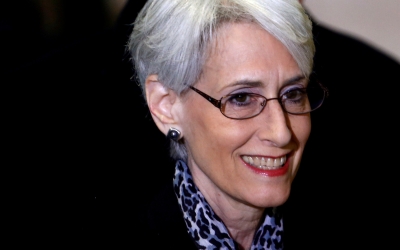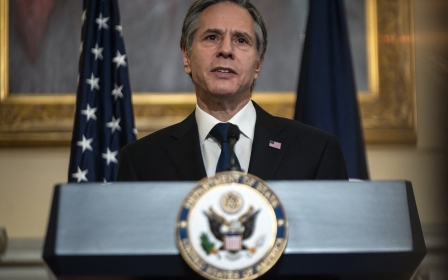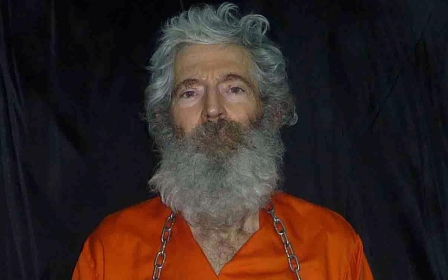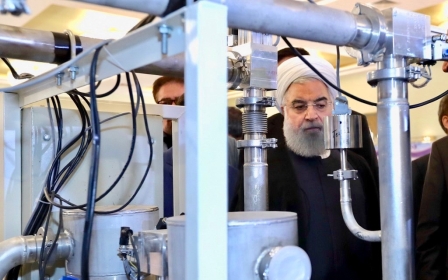US envoy says no rush for nuclear deal before Iran election
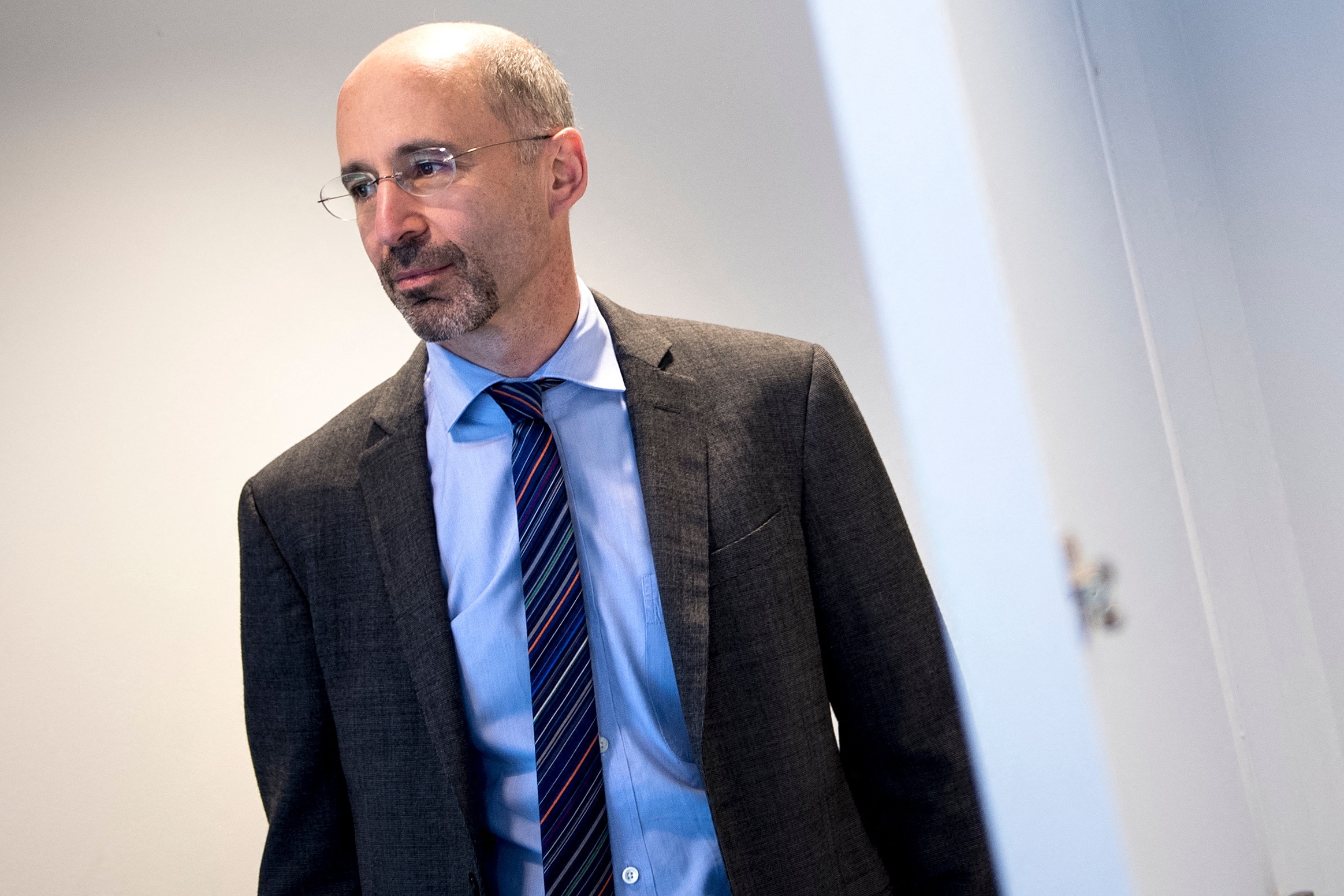
President Joe Biden will not race to renew a nuclear deal with Iran before June elections that are widely expected to see the rise of a more hardline president, the US envoy to the Islamic Republic said in an interview on Wednesday.
"We don't intend to base the pace of our discussions on the Iranian elections - the pace will be determined by how far we can get, consistent with defending US national security interests," Rob Malley, the State Department's point man on Iran, told Axios.
"In other words, we won't rush or slow things because of the Iranian elections."
Biden has sought to return to the 2015 agreement, which offered sanctions relief to Iran in exchange for the country scaling back its nuclear programme.
Former President Donald Trump left the deal, known as the Joint Comprehensive Plan of Action (JCPOA), in 2018, and imposed crippling sanctions to hurt the Iranian economy and challenge Tehran's regional role.
Still, negotiations have been stalled as Iran says Biden must lift sanctions before Tehran will return to compliance.
State Department officials told Axios that Washington would only consider sanctions relief once Iran returns to talks and only as "part of a process in which both sides take actions".
Some experts have said that Biden has until the June elections and exit of President Rouhani, whose government signed the deal, to return to the JCPOA because the next president will likely be a hardliner that opposed the original agreement.
Others, however, counter that Ayatollah Ali Khamenei ultimately calls the shots in Iran and that a new president would at most change the optics.
The US envoy said Washington has made clear to Iran it is ready to engage in a serious diplomatic process to achieve a mutual return to compliance.
"Our view is that direct talks are more effective and less prone to misunderstanding. But for us, the substance is more important than the format," Malley said.
On Tuesday, the State Department issued sanctions against two Iranian officials, in the first designations against Tehran since Biden took office.
After the announcement, State Department spokesman Ned Price seemed to have dissociated the sanctions with US efforts to revive diplomacy, saying the US "can pursue what is in our interests ... just as we uphold and act in accordance with our values".
Avoiding fued with Israel over Iran
Malley also told Axios that the Biden administration and Israel both intend to avoid the same confrontation in regards to Iran that took place during the administration of former President Barack Obama.
He told the news site that the administration does not want to repeat the past, is committed to consulting with Israel, and that he had extensive contact with Israeli officials.
"We don't always agree, but the talks are extremely open and positive. While we may have different interpretations and views as to what happened in 2015–2016, neither of us wishes to repeat it," Malley said.
While negotiations were taking place between Iran and the Obama administration, Israeli Prime Minister Benjamin Netanyahu had vocalised his opposition to the then-US president.
In 2015, the Israeli premier delivered a speech to US Congress where he said the nuclear agreement was "a very bad deal".
The speech highlighted a rift between Obama and Netanyahu, with the former US president seeing his Israeli counterpart's efforts as an attempt to not only derail the nuclear deal, but also undermine his own authority over America's foreign policy.
While Netanyahu has also been vocal about his opposition to Biden's plans to return to the nuclear accord, the White House has promised to "closely consult with Israel on all matters of regional security".
Middle East Eye propose une couverture et une analyse indépendantes et incomparables du Moyen-Orient, de l’Afrique du Nord et d’autres régions du monde. Pour en savoir plus sur la reprise de ce contenu et les frais qui s’appliquent, veuillez remplir ce formulaire [en anglais]. Pour en savoir plus sur MEE, cliquez ici [en anglais].


